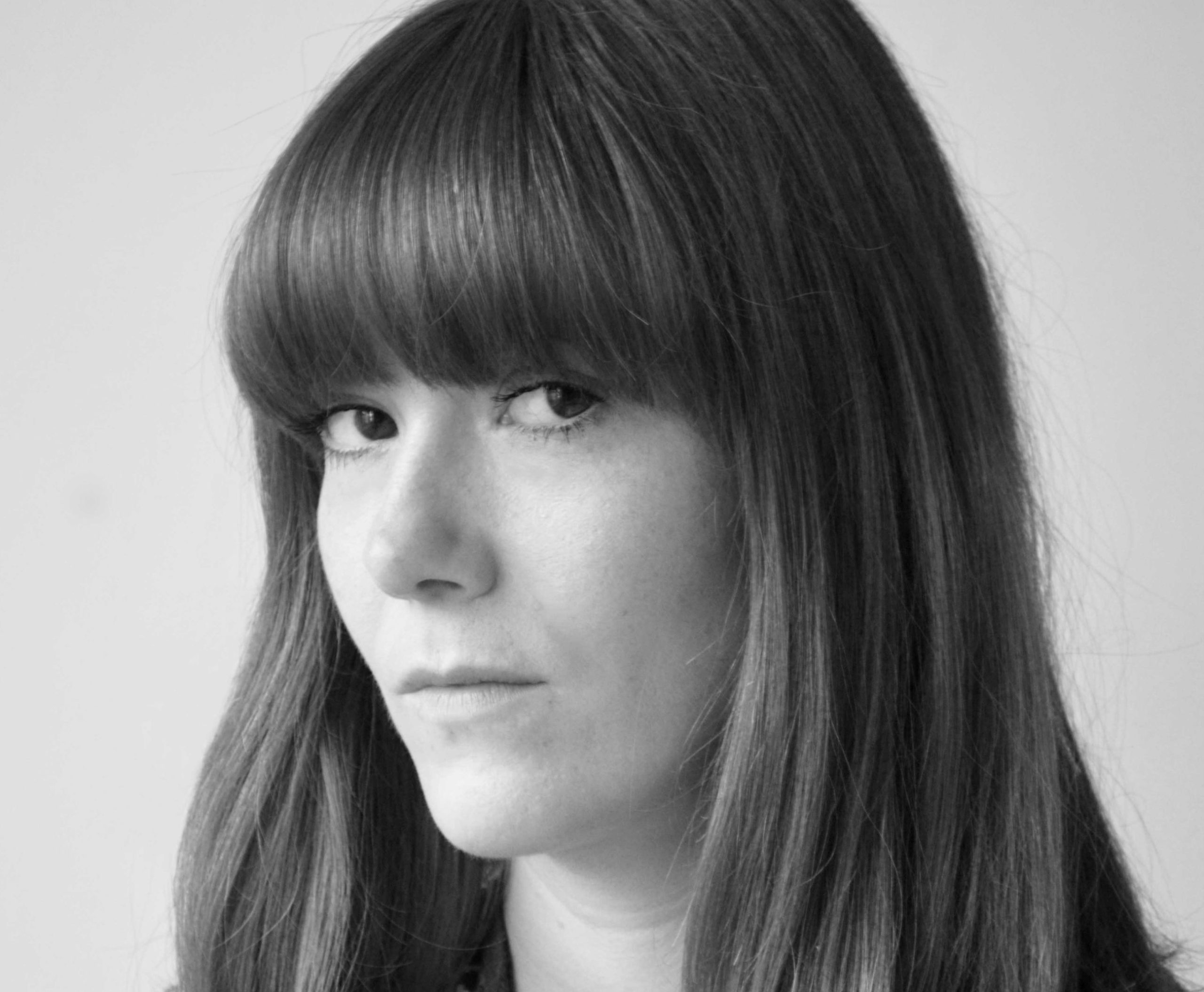By Deborah Langton
This interview followed Laura’s participation in our ‘Triangular Talks’ event. Click here to read more about that day,
Laura, thank you for your participation in Triangular Talks and for agreeing to being interviewed for New Books in German. Can we start by hearing a little about your role at Pushkin?
I joined Pushkin last year as Deputy Publisher. I acquire fiction and non-fiction across the Pushkin lists, both classics and new writing in translation and original English. I also acquire crime for the Vertigo list and exciting new writing for the ONE list.
What do you look for in a manuscript?
It should be so good it is a guaranteed bestseller! More seriously, though, it depends entirely on each individual manuscript. I don’t have a checklist, and of course one looks for different things when reading narrative non-fiction or crime fiction. What I am after is writing that holds my attention, feels fresh or arresting, with great storytelling.
Triangular Talks focused on ‘trends’ in publishing across the three languages. Which trends in the publishing scene interest you in particular?
To be honest, I think focusing on trends can lead to rather identikit publishing, and so I don’t tend to work that way. I don’t look for things that will fit into this or that mould, into a particular well-trodden publishing path, or to imitate past successes. As a publisher I believe my job is to try to create a trend out of the books we publish, not the other way round.
That’s a refreshing way of turning the argument on its head. Another speaker at Triangular Talks referred to the importance of ‘the urgent’, ‘the personal’, and ‘the global’. You commented very firmly that ‘the personal’ is something that you see as important right now, particularly ‘a personal lens on historical events’. I’d love to hear more about that. Can you expand a bit?
I don’t tend to publish straight history or non-fiction, so I’m always looking for a narrative, a personal story as a way into a particular subject. This doesn’t necessarily mean memoir; Summer before the Dark by Volker Weidermann is a good example of narrative non-fiction that tells the story of a historical moment through a few individual lives, and gives the reader a unique way in to a wider story.
Political publications were mentioned several times in all the Triangular Talks panels. Do you think there is now greater appetite for this kind of publication?
I do think people are becoming more political, the stakes seem higher right now, and perhaps politics is more interesting than it’s been for years. We have real personalities in political life, and the relative stability of the past couple of decades is giving way to a more fraught and unsettled time. Political books have always been published, but perhaps they are becoming more mainstream as people are engaging with them more.
You referred there to a ‘more fraught and unsettled time’. Does this make people look for comfort reads? I’m guessing (perhaps incorrectly) from its title, that this is true of Pushkin’s forthcoming In The Restaurant?
Yes, perhaps, although In the Restaurant is actually quite a searing critique of our society and restaurant culture. There are comforting books out there, of course, I think there always have been, but you could just as easily say that we’re seeing a return to heavyweight non-fiction and a culture of new seriousness emerging as people become tired of the throwaway and superficial.
In the Crossover Panel, Bill Swainson summarised half-seriously: ’35- to 55-year olds read about 2–3 books a year; 55- to 75-year olds now also read on e-readers; younger readers prefer short-forms (about 300 words).’ He then called for new forms in publishing, in order to engage readers. What do you think about that?
Ebooks and print books seem now to have found a happy balance and be existing side by side, so I think we’re being lulled into a false sense of security that the publishing industry doesn’t have to change any more. New forms are being invented all the time but none of us know which will work or stick yet. We will keep innovating and doing everything we can to engage readers, and publishing an ever wider diversity of voices. The children’s book market is flourishing, which makes me hopeful about the readers of the future.
Which titles would you recommend this autumn?
In the Restaurant by Christoph Ribbat will be published by Pushkin Press in September, translated by Jamie Searle Romanelli. It’s a thoroughly engaging tour through restaurant culture and how it reflects our society. Its full title is ‘In the Restaurant: Society in Four Courses’.


